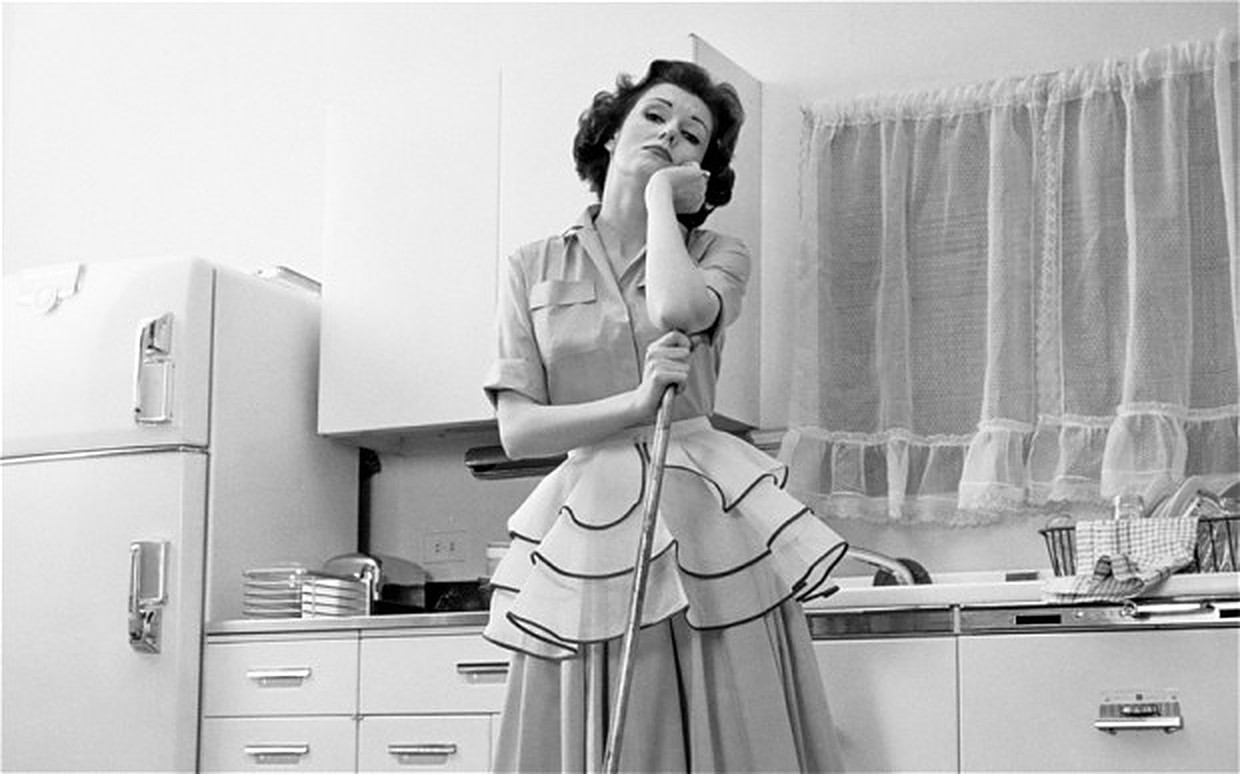There was a time for me when visitors ringing the doorbell was considered to be possibly the best moment – a time for fun gathering and company. I was young and couldn’t care less to prepare the cups of tea, wash the dishes or prepare the meal for around five or more individuals. It was a task for the other older women in the family: my grandmother, my mom, my aunts, female cousins and just about all the women in the room. It almost felt like it was a natural law. None of the men really objected to helping out, but in actuality, none of them were willing to do so. They all sat back, relaxed, and smoked their cigarettes, looking busy in their conversations, while a woman gently asked them how many spoons of sugar they preferred or which slice of cake they liked to be served. At the time, I didn’t see the big issue with it until the role was thrown onto me. I still remember the first time I was expected to serve others and how anxious it made me feel: Am I expected to get up…
Do We Still Believe That Women Should Do All Housework Amid COVID-19?
April 5, 2020



